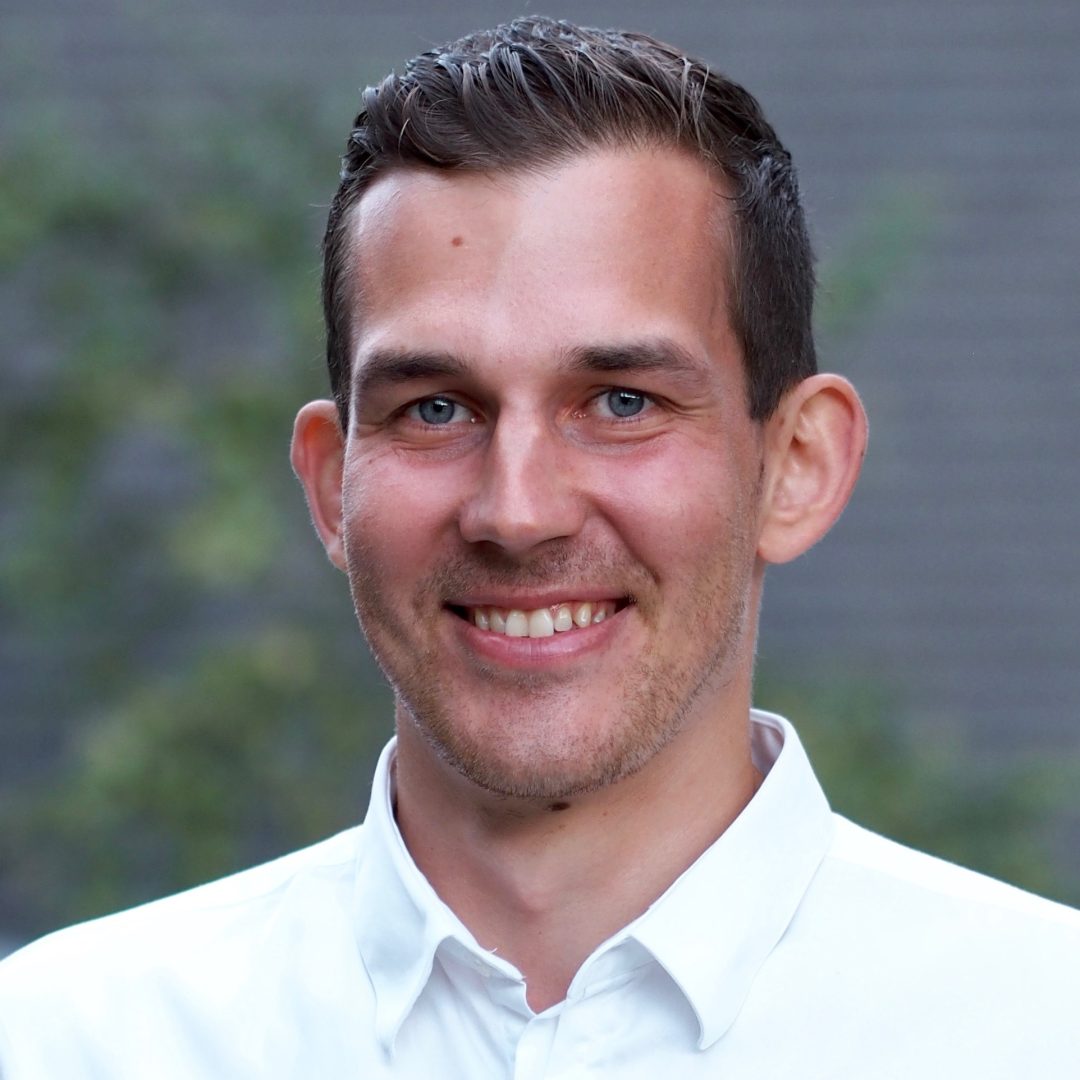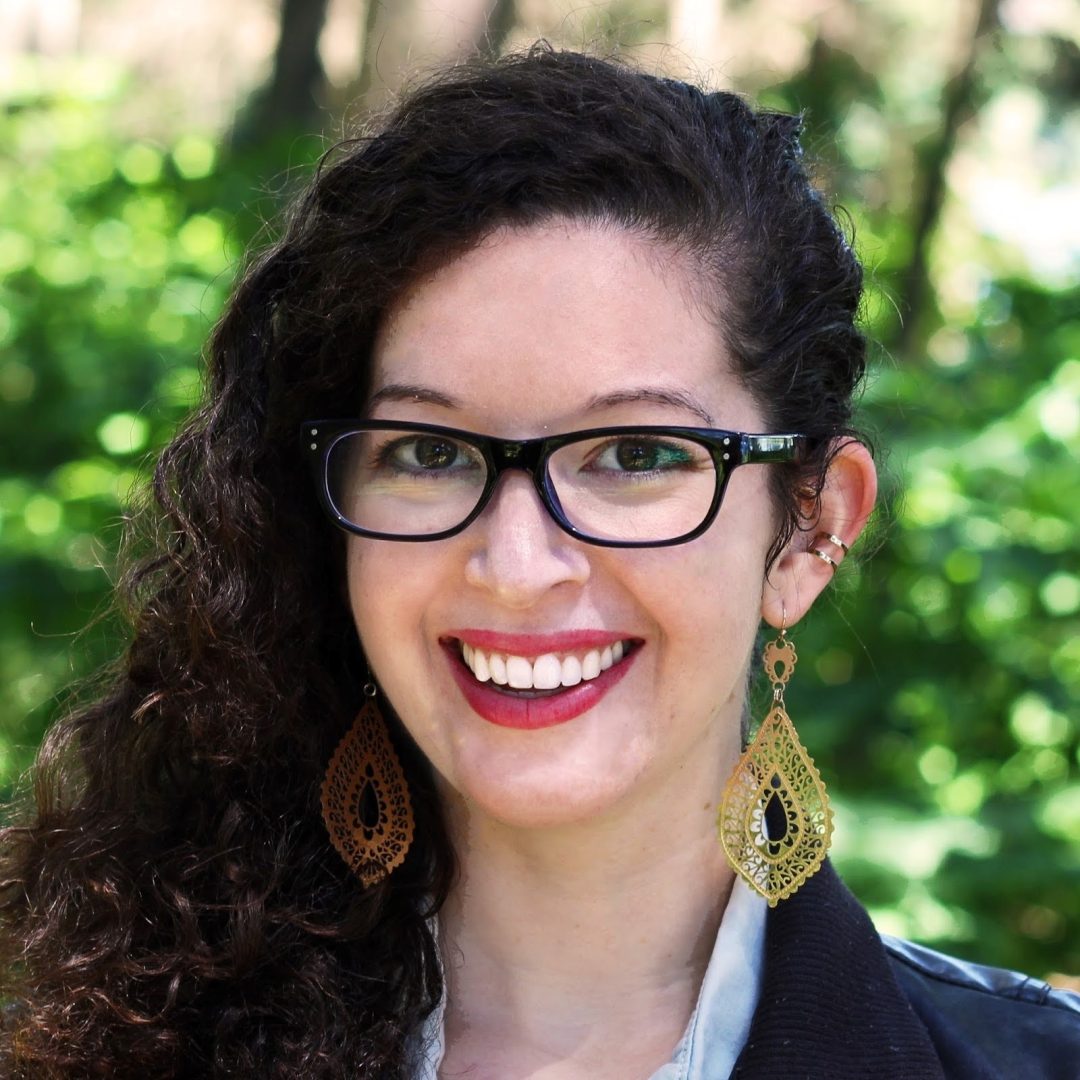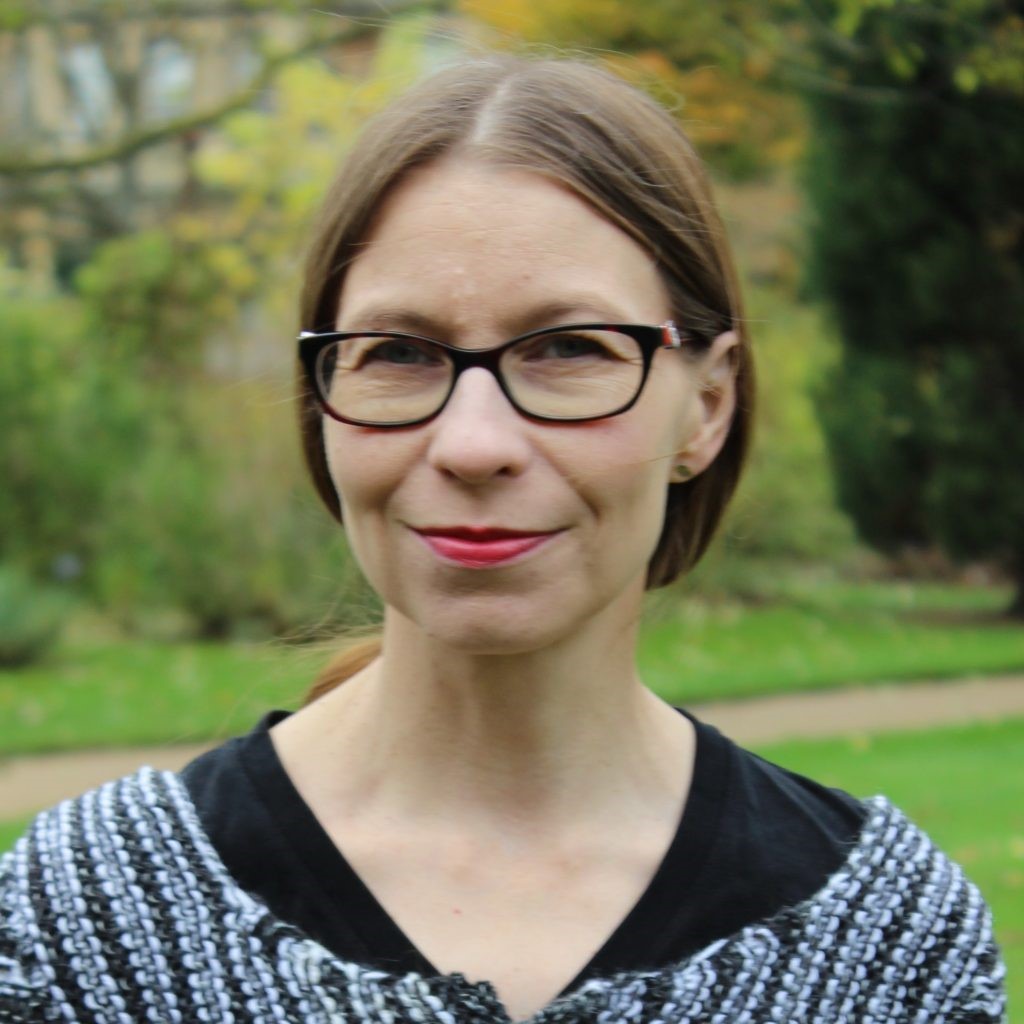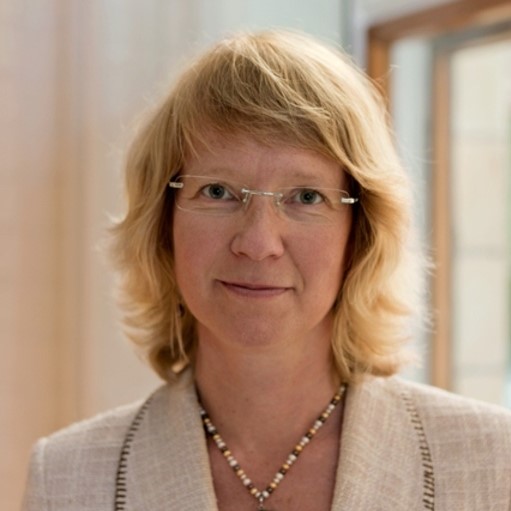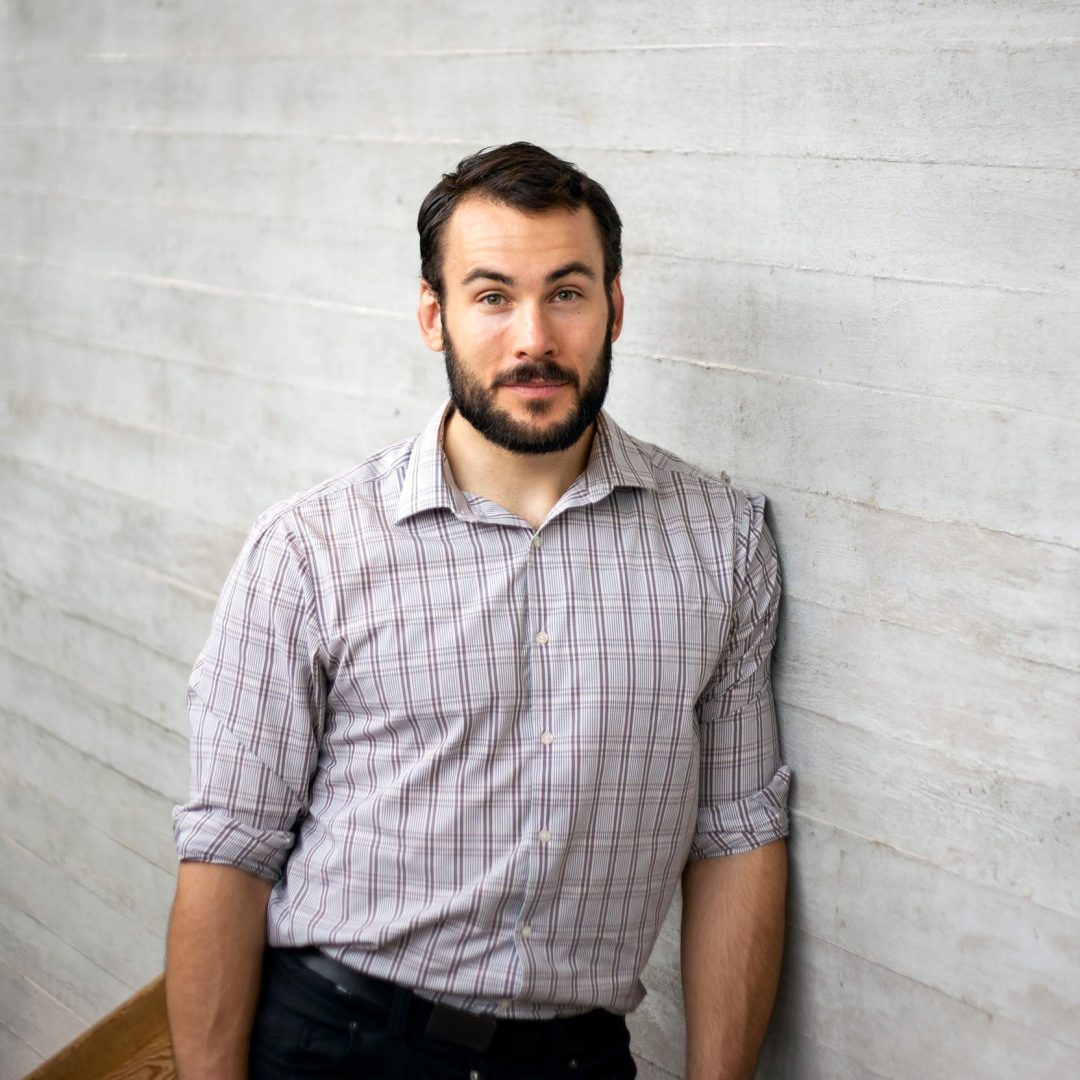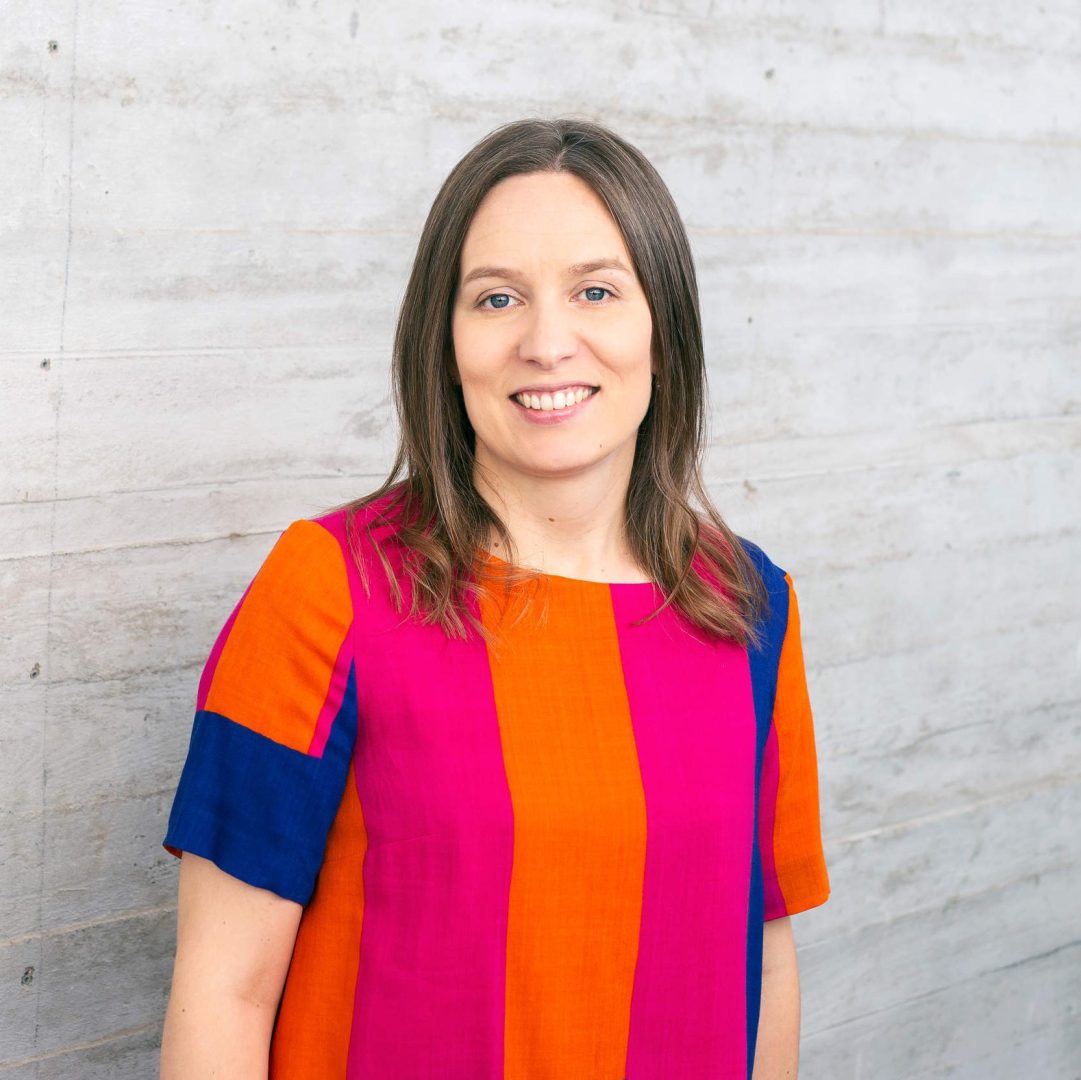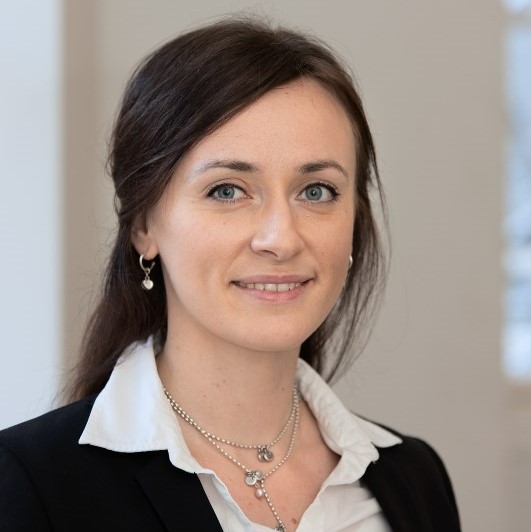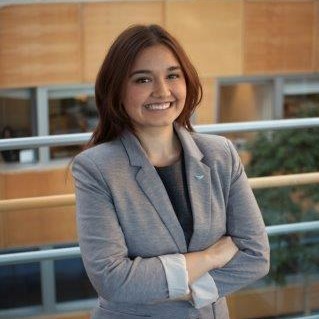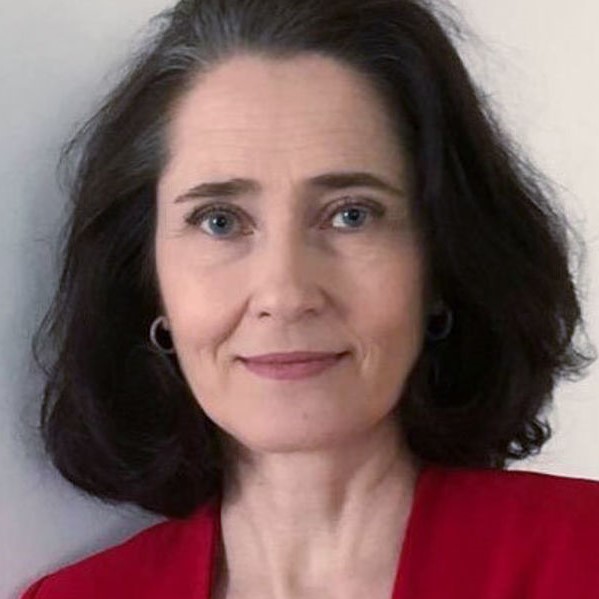Welcome to The New Sustainability in Business! This course has been designed as a go-to resource for those interested in understanding the growing role of sustainability in business.
We live in a rapidly changing world. In the 2020s, it is more essential than ever for companies to take sustainability seriously. However, many business practitioners are struggling with how to respond to today’s sustainability requirements. This course – supported with latest academic research – is an easily accessible resource to update your sustainability knowledge to the present day.
The course is authored by experts on sustainable business from Aalto University School of Business, Finland. Learn more about Aalto’s Sustainability in Business (SUB) research group on our website sub.aalto.fi.
Who is this for?
This course has been designed especially for business practitioners and university students who want to learn the latest thinking on themes like sustainable development, sustainable business models and value creation, or sustainability in different business functions.
However, others also interested in such themes will definitely benefit from the course.
Enrolment options, study credits and course certificate
For lifewide learners: You can choose to either audit the course for free or pay the course fee during or after completion of the course. The price of the paid version of the course is 30€ (incl. VAT 24%) and it includes an electronic certificate of completion and 2 ECTS from Aalto University. If you pay the fee, you’ll get the certificate by email once you have successfully completed the course.
For Aalto University degree students: The course is free for Aalto students. In order to receive 2 ECTS, first enroll on the course MNGT-C1007 The New Sustainability in Business on Sisu. Then, register here to create an account on the course platform using your Aalto email. Note: The course does not run in MyCourses. You’ll get the credits at the end of the month during which you successfully completed the course. In addition, if you want an electronic certificate about your completion, send an email to paula.schonach[at]aalto.fi.
For students from other Finnish universities/universities of applied sciences and UNITE! network universities: The course, including 2 ECTS from Aalto University, is free for students from Finnish and UNITE! network universities. Register here to create an account for the course platform using your university email address. After completing the course successfully, fill in this form to receive the ECTS and/or certificate. You’ll get the credits at the end of the month during which you successfully completed the course.
How to complete the course?
You can go through the materials in a fully self-paced manner. When going through lessons and exercises, you’ll see a progress bar on the front page of the course. The course extent is 2 ECTS, meaning that completion of the course requires 54 hours of work (1 ECTS = 27 hours of work).
The course consists of four modules that each have 3-4 lessons. Each lesson also has a “Further reading” . Exercises cover topics also from these additional materials. In order to complete the course, you will have to pass each of the lessons. Passing the lesson means you get at least 70% of the maximum points in multiple-choice questions with max. three trials plus answering to all the open-ended questions. If you fail a single lesson, contact the responsible teacher paula.schonach[at]aalto.fi and ask her to reset the section.
The student is always responsible for the content of their submitted work and obliged to follow academic writing practices. In the open-ended reflection questions, AI-generated text cannot be presented as is as the student’s own written response. The AI-detection tool Turnitin may be used to check the submissions. Please, review the Aalto University guidelines that apply for the possible use of AI.
What will you learn?
By the end of the course, you’ll be able to:
- Demonstrate knowledge of how companies impact the environment and society
- Name several different examples of sustainable business models
- Apply concrete tools for generating sustainable business innovations
- Identify how sustainability can be integrated into different business operations: strategy, supply chain management, accounting as well as marketing and communication
- Reflect on your change management skills and feel motivated and capable of taking action on sustainability challenges
Course core team
Olli Sahimaa (PhD) works as a Postdoctoral Researcher in Aalto University School of Business. He is an expert in sustainable and circular business models, sustainability transitions and system dynamics of circular economy. He holds a PhD from environmental engineering. Olli teaches the course Strategies and Management for Circular Economy in Aalto University School of Business. He has extensively studied and applied different methods of digital pedagogy in his teaching.
Elizabeth Miller (MSc) works as a Doctoral Researcher in Aalto University School of Business. Her research focuses on developing qualitative system dynamics methodologies, the development of circular economy ecosystems and supply networks, and transitioning production systems toward more sustainable practices. Elizabeth’s experience outside of academia includes sustainability consulting and working for an urban sustainability think tank.
Teresa Haukkala (PhD) works as a Postdoctoral Researcher in Aalto University School of Business. She is a specialist in sustainability transitions and holds a PhD from organizations and management from the Aalto University School of Business. Teresa has a strong background in communications and journalism, and has also worked as a consultant and specialist on climate change, energy policy and sustainable economy.
Other key authors
Samuli Patala (PhD) is an Assistant Professor of Organization and Management at Aalto University School of Business.
Minna Halme (PhD) is a professor of Sustainability Management at Aalto University School of Business.
Patrick Shulist (PhD) works as an Assistant Professor of Sustainability in Business in Aalto University School of Business.
Katri Kauppi (PhD) works as an Associate Professor of Logistics in Aalto University School of Business.
Emma-Riikka Myllymäki (PhD) works as an Assistant Professor of Accounting in Aalto University School of Business.
Tulin Dzhengiz (PhD) works as a Postdoctoral Researcher in Aalto University School of Business.
Leena Lankoski (PhD) is a Senior Lecturer in Aalto University School of Business.
